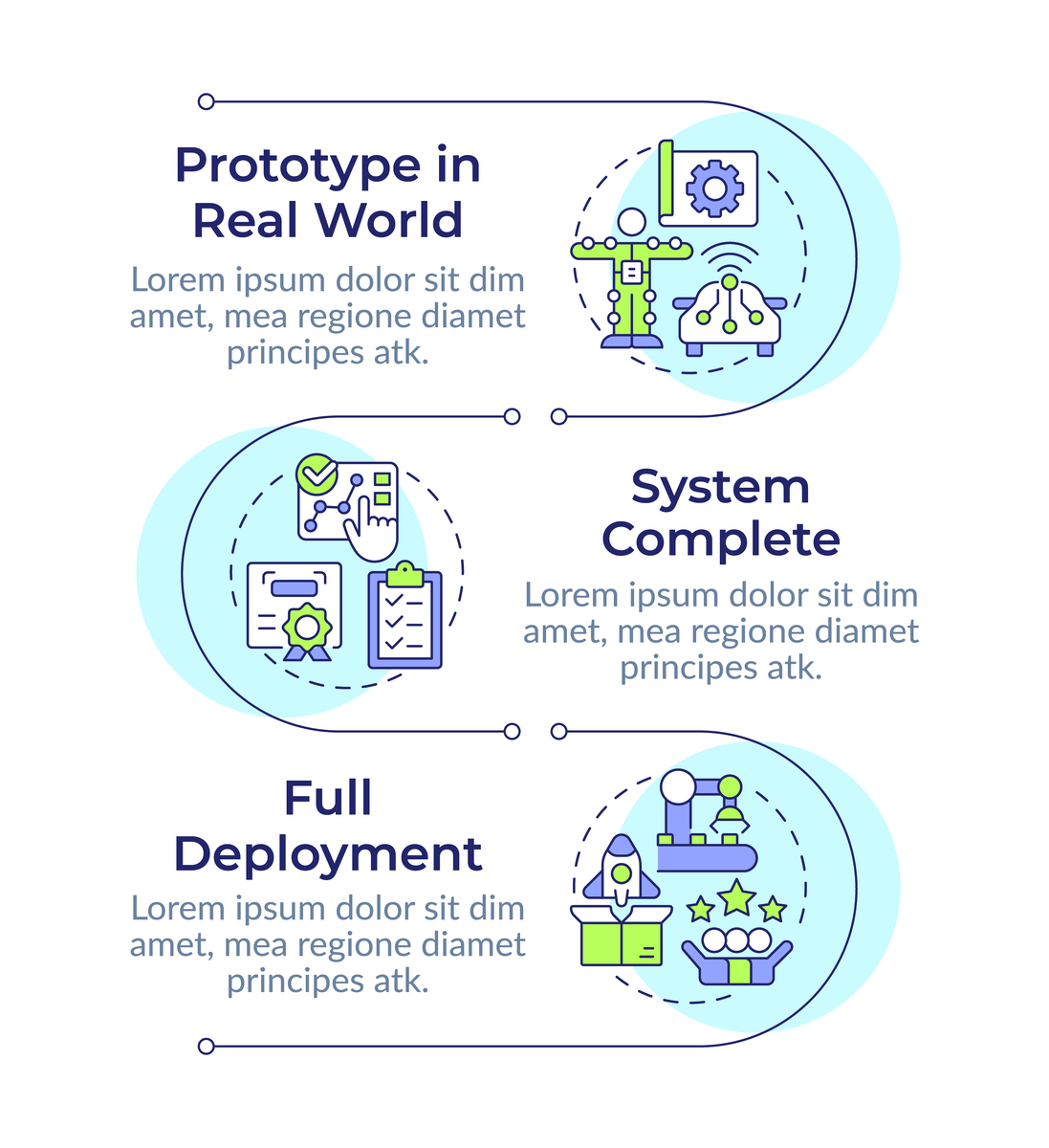5000字关于Python管理系统得论文
Introduction
Python is a programming language that is gaining popularity in recent times due to its simplicity, versatility, and ease of use. Python has been used in various industries ranging from finance, healthcare, education, and e-commerce. In this paper, we will discuss the development of a Python management system that will help businesses manage their operations effectively.
Background
Managing a business can be a daunting task, especially if the business is large and has multiple departments. The traditional method of managing businesses involves the use of spreadsheets, which can be time-consuming and prone to errors. With the advancement of technology, businesses can now automate their processes through the use of management systems.
Management systems are software tools that aid businesses in managing their operations. They provide a centralized platform where businesses can store data, manage workflows, and monitor progress. Management systems come in different forms, such as customer relationship management (CRM), enterprise resource planning (ERP), and supply chain management (SCM) systems.
Python is a programming language that is well-suited for developing management systems. Python is a high-level language that is easy to read and write, making it ideal for developers of all skill levels. Python is also an interpreted language, which means that code is executed line by line, making it easier to debug errors.
Python Management System
The Python management system that we are developing will be a web-based application that will allow businesses to manage their operations from anywhere in the world. The system will be divided into different modules, each responsible for managing a specific aspect of the business.
The modules of the Python management system will include:
- Customer Relationship Management (CRM) Module
The CRM module will be responsible for managing customer interactions, such as sales, marketing, and customer support. The CRM module will store customer data, such as contact information, purchase history, and preferences.
- Inventory Management Module
The inventory management module will be responsible for managing the business's inventory. The module will keep track of inventory levels, orders, and deliveries.
- Finance Management Module
The finance management module will be responsible for managing the business's finances. The module will track expenses, revenue, and profit margins.
- Human Resource Management Module
The human resource management module will be responsible for managing the business's employees. The module will store employee data, such as contact information, job descriptions, and performance evaluations.
- Project Management Module
The project management module will be responsible for managing the business's projects. The module will track project progress, deadlines, and budgets.
Conclusion
The Python management system that we are developing will provide businesses with a centralized platform for managing their operations. The system will be easy to use, versatile, and scalable. The system will help businesses streamline their processes, improve efficiency, and reduce costs. As businesses continue to adopt technology to automate their processes, the Python management system will become an essential tool for managing operations.

原文地址: http://www.cveoy.top/t/topic/Y5T 著作权归作者所有。请勿转载和采集!